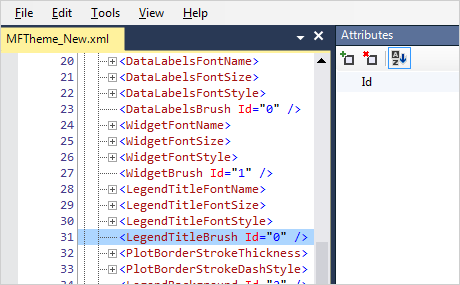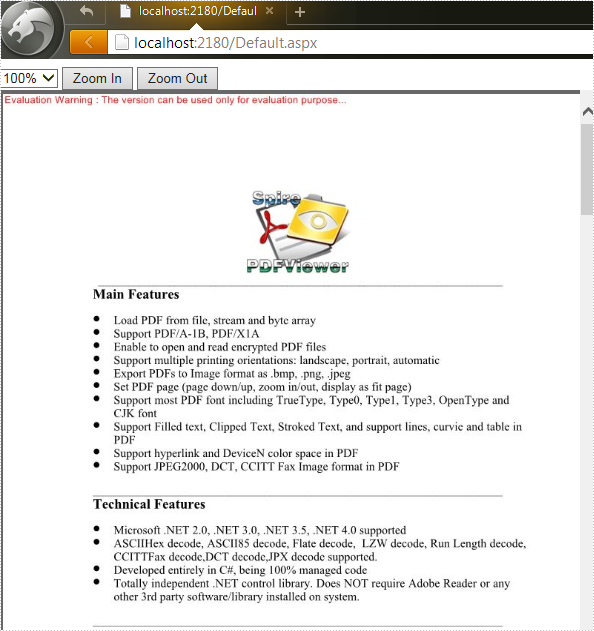-->
Whether a file can be viewed or not is dependent on the browser having the capability to view it. If the browser can't, and there is no relevant plugin/extension, then a library will be needed to turn the file into a representation that the browser can understand (HTML/CSS/JS or some other format the browser can handle natively or via plugin), or the file will need to be downloaded to the user. Select the ASP file you wish to open. If you are opening an ASP file from a web page that you have saved, the ASP file will be in the folder that you saved the web page to, along with the the other files associated with the web page. Otherwise, you can use the 'search' function (in the start menu for windoes) to locate the file.
The ReadAllText method of the My.Computer.FileSystem object allows you to read from a text file. The file encoding can be specified if the contents of the file use an encoding such as ASCII or UTF-8.
If you are reading from a file with extended characters, you will need to specify the file encoding.
Note
To read a file a single line of text at a time, use the OpenTextFileReader method of the My.Computer.FileSystem object. The OpenTextFileReader method returns a StreamReader object. You can use the ReadLine method of the StreamReader object to read a file one line at a time. You can test for the end of the file using the EndOfStream method of the StreamReader object.
To read from a text file
Use the ReadAllText method of the My.Computer.FileSystem object to read the contents of a text file into a string, supplying the path. The following example reads the contents of test.txt into a string and then displays it in a message box.
To read from a text file that is encoded
Use the ReadAllText method of the My.Computer.FileSystem object to read the contents of a text file into a string, supplying the path and file encoding type. The following example reads the contents of the UTF32 file test.txt into a string and then displays it in a message box.
Robust Programming

The following conditions may cause an exception:
The path is not valid for one of the following reasons: it is a zero-length string, it contains only white space, it contains invalid characters, or it is a device path (ArgumentException).
The path is not valid because it is
Nothing(ArgumentNullException).The file does not exist (FileNotFoundException).
The file is in use by another process or an I/O error occurs (IOException).
The path exceeds the system-defined maximum length (PathTooLongException).
A file or directory name in the path contains a colon (:) or is in an invalid format (NotSupportedException).
There is not enough memory to write the string to buffer (OutOfMemoryException).
The user lacks necessary permissions to view the path (SecurityException).


Do not make decisions about the contents of the file based on the name of the file. For example, the file Form1.vb may not be a Visual Basic source file.
Aspx File Reader
Verify all inputs before using the data in your application. The contents of the file may not be what is expected, and methods to read from the file may fail.